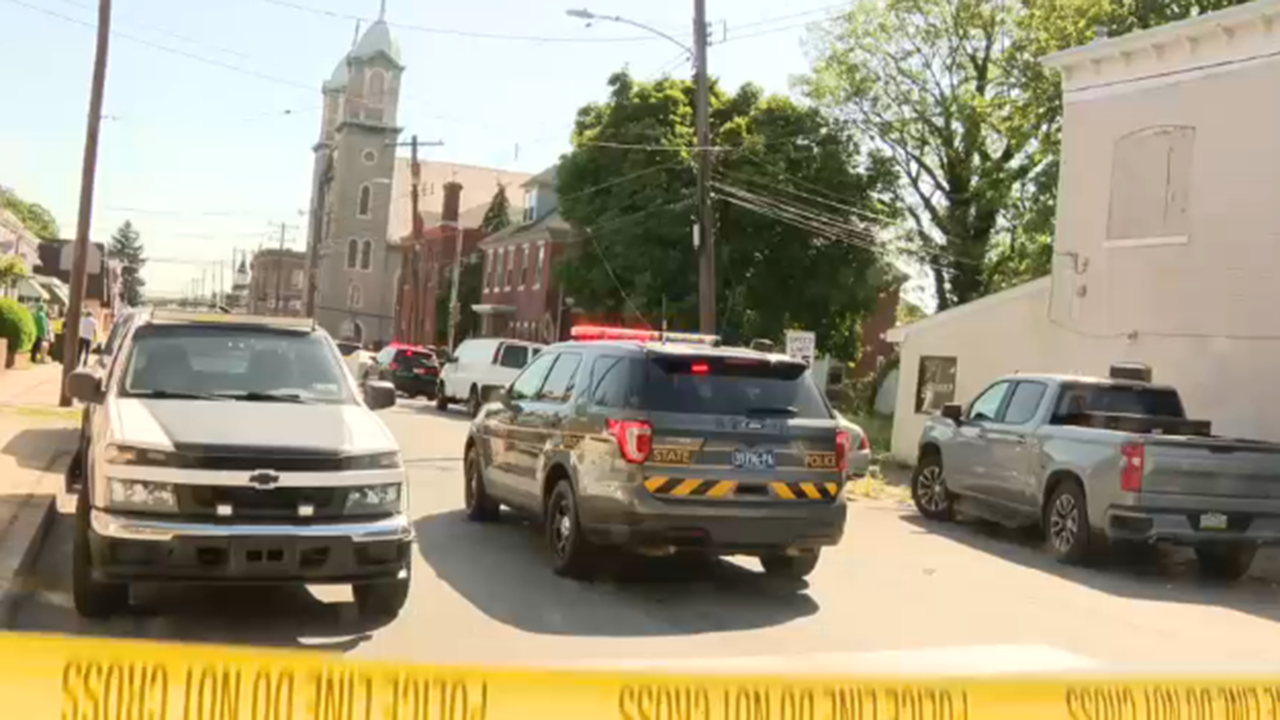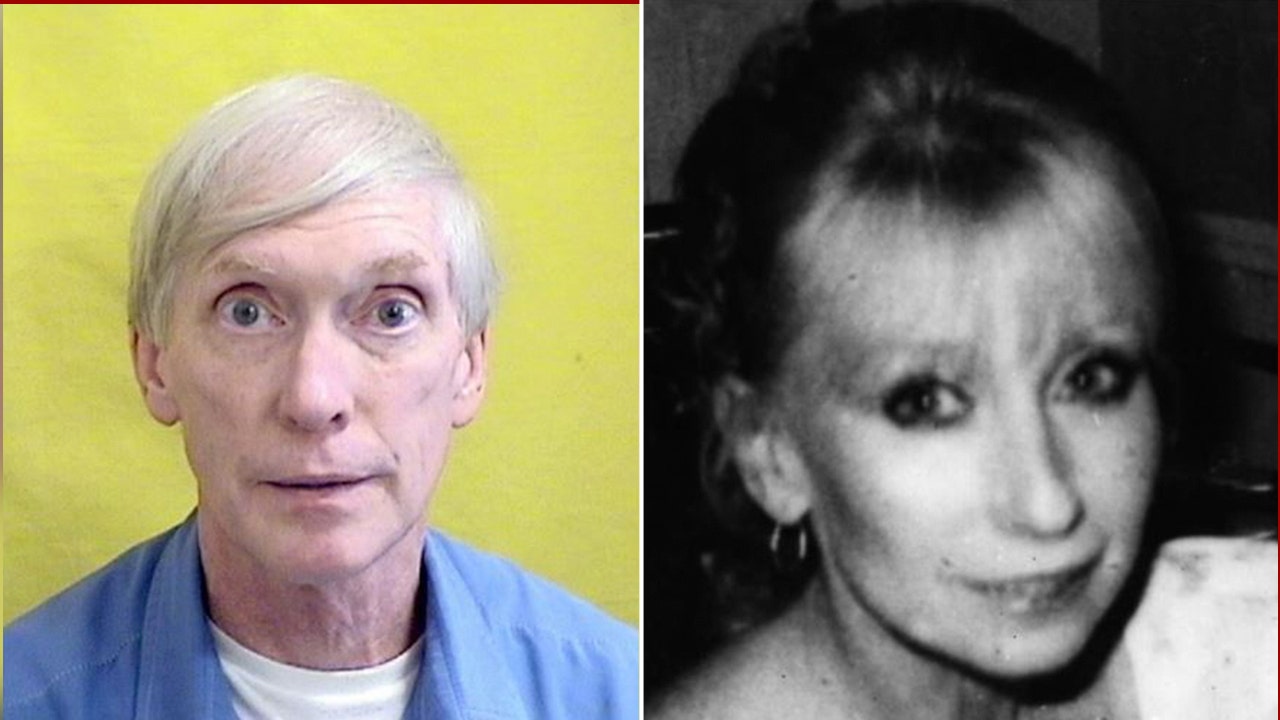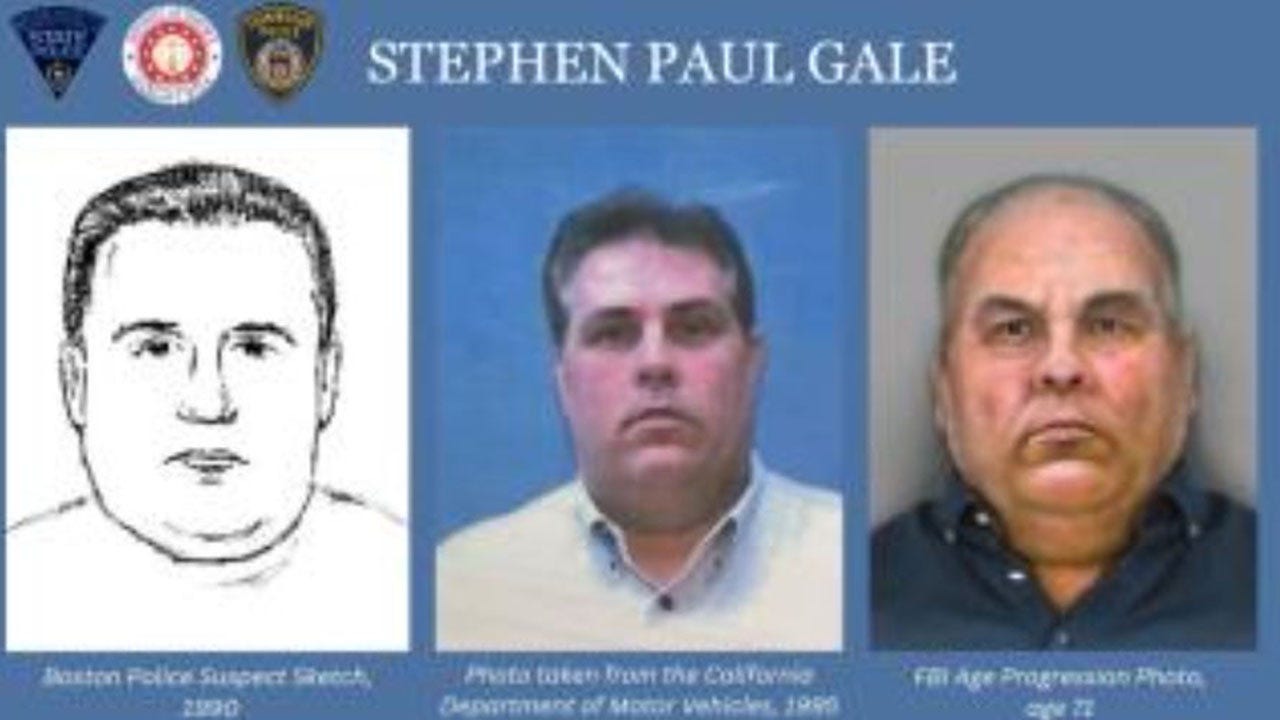Britain’s Conservative government hopes to pass the Safety of Rwanda Bill on Wednesday, after a prolonged back and forth through the two houses of Parliament in which the legislation has come under sustained criticism.
The bill is intended to clear the way for the government to put some asylum seekers on one-way flights to Rwanda, in Central Africa, without first hearing their cases. Human rights experts have denounced that approach, which they say breaches Britain’s obligations under domestic and international law.
Crucially, under the government’s plans, even asylum seekers who were granted refugee status would be resettled in Rwanda, not Britain. The plan was deemed unlawful by Britain’s highest court late last year, with judges ruling that Rwanda was not a safe country for refugees to have their asylum cases heard or to be resettled. The purpose of the government’s new bill is to overrule the Supreme Court, in a complicated piece of legislative wrangling that has raised concerns about the rule of law and the separation of powers in Britain.
Three successive Conservative prime ministers have pursued the plan, arguing that it would deter people from attempting the dangerous crossing of the English Channel in small boats. Prime Minister Rishi Sunak has repeatedly vowed to “stop the boats” before the British election this fall, and he has heralded the Rwanda bill as a crucial step toward that goal.
Britain has already paid Rwanda hundreds of millions of British pounds in development support and in fees to enact the plan. But not a single asylum seeker has been sent there yet, and legal challenges could thwart future deportation attempts. Here’s what has happened so far.
March 2021
Boris Johnson lays the groundwork for a new approach to asylum seekers.
The British government, led at the time by the former prime minister Boris Johnson, pledged “comprehensive reform” of the country’s asylum system, floating several measures, including the removal of asylum seekers who arrive in Britain by boat or other “illegal” routes to third countries for processing. Mr. Johnson, a leading campaigner for Brexit, had promised to “take back control” of Britain’s borders by leaving the European Union.
In May 2021, the United Nations Refugee Agency denounced the plan, saying it would contravene Britain’s obligations under international law.
July 2021
A new law is introduced to allow “offshore processing” of asylum claims.
Priti Patel, who was then Britain’s home secretary — an office that oversees immigration and Britain’s asylum system — introduced the Nationality and Borders Bill in Parliament. The bill made it a criminal offense to enter the country by irregular means, for instance by boat and without a visa. The bill also gave the authorities more scope to make arrests and laid out plans to remove asylum seekers to a safe country while their claims were processed. No agreements with a host country had been confirmed at the time, but the bill became law in April 2022.
April 14, 2022
Boris Johnson announces agreement with Rwanda.
In a speech, Mr. Johnson announced a five-year deal with Rwanda under which Britain would send some asylum seekers there for processing and resettlement, at a cost of 120 million British pounds, or about $150 million today.
Human rights groups immediately denounced the plan. They said it violated Britain’s commitment to the 1951 U.N. convention on refugees, which says asylum seekers must be protected in the country in which they arrive and cannot be forcibly sent to unsafe places.
June 14, 2022
The first scheduled flight to Rwanda is grounded.
A last-minute legal intervention blocked the first flight scheduled to take a few asylum seekers to Rwanda.
About 130 people had initially been expected on the flight, but their numbers had winnowed because of a flurry of legal challenges. By the day of the flight, fewer than 10 people were supposed to be on board. Then, an 11th-hour injunction by the European Court of Human Rights, a court based on a European convention that Britain is a signatory to, halted the departure.
March 7, 2023
Suella Braverman introduces the Illegal Migration Bill.
As the number of small boat crossings of the English Channel continued to rise, a new immigration bill was introduced by Suella Braverman, who was appointed home secretary during the short-lived premiership of Liz Truss and then reappointed by Ms. Truss’s successor, Mr. Sunak. Ms. Braverman said it was her “dream” to see flights carry asylum seekers to Rwanda.
The bill, which became law in July 2023, gave the Home Office a duty to remove nearly all asylum seekers who arrived in Britain through means the government deemed illegal. Under the law, asylum seekers would be returned to their home country, “or another safe third country, such as Rwanda,” and would have no right to re-entry, settlement or citizenship, no matter the outcome of their claim.
Nov. 15, 2023
Britain’s Supreme Court rules the Rwanda policy is unlawful.
Throughout all of this, the plan to send asylum seekers to Rwanda was being challenged in Britain’s domestic courts, with a case eventually making its way to the Supreme Court. In November, five judges found that the plan would breach both British and international law.
The judges found substantial grounds to believe that Rwanda could not be considered safe for refugees because asylum seekers who had their claims heard there could face “refoulement” — meaning that genuine refugees could be returned to their countries of origin and experience potential violence or ill-treatment there.
Dec. 5, 2023
Britain signs a new treaty with Rwanda.
The government signed a treaty with the Rwandan government that attempted to address the Supreme Court’s concerns. It promised various safeguards for asylum seekers, including an assurance that they would not be expelled from Rwanda if their claims were rejected.
Dec. 6, 2023
The government introduces the Safety of Rwanda bill.
The government introduced emergency legislation to override the Supreme Court’s ruling, by simply declaring that Rwanda is a safe country as a matter of law. The bill would force British courts, immigration officials and the secretary of state to treat Rwanda as safe for refugees, regardless of any evidence to the contrary.
March 1, 2024
Audit office reveals skyrocketing costs.
The National Audit Office, Britain’s independent public spending watchdog, found that the government will have paid Rwanda £370 million by the end of 2024, even though no asylum seekers have been sent there yet.
Costs will rise even further if flights get off the ground: Britain has promised to pay Rwanda £20,000 for each person sent, plus another £150,874 per person for processing and operational costs, and £120 million after the first 300 people.
April 2024
The Safety of Rwanda bill is expected to become law.
After a prolonged standoff between the unelected House of Lords and the elected House of Commons, the Safety of Rwanda Bill is expected to pass, with the government set to use its considerable majority in the Commons to push it through. Mr. Sunak has vowed to see flights to Rwanda take off “as soon as possible.”
But all the wrangling and expense could be for nothing. Rights groups have vowed to fight deportations in domestic and international courts, and the Labour Party has vowed to scrap the plan if it wins the next general election, which is expected this fall. The Labour Party has held a significant lead in the polls for over a year.






